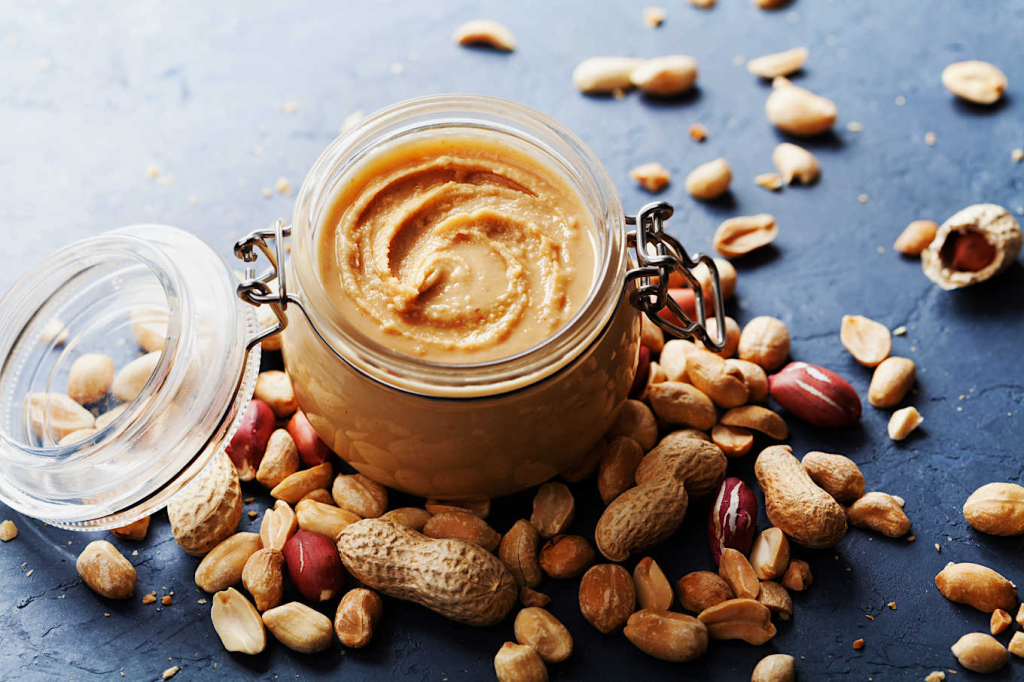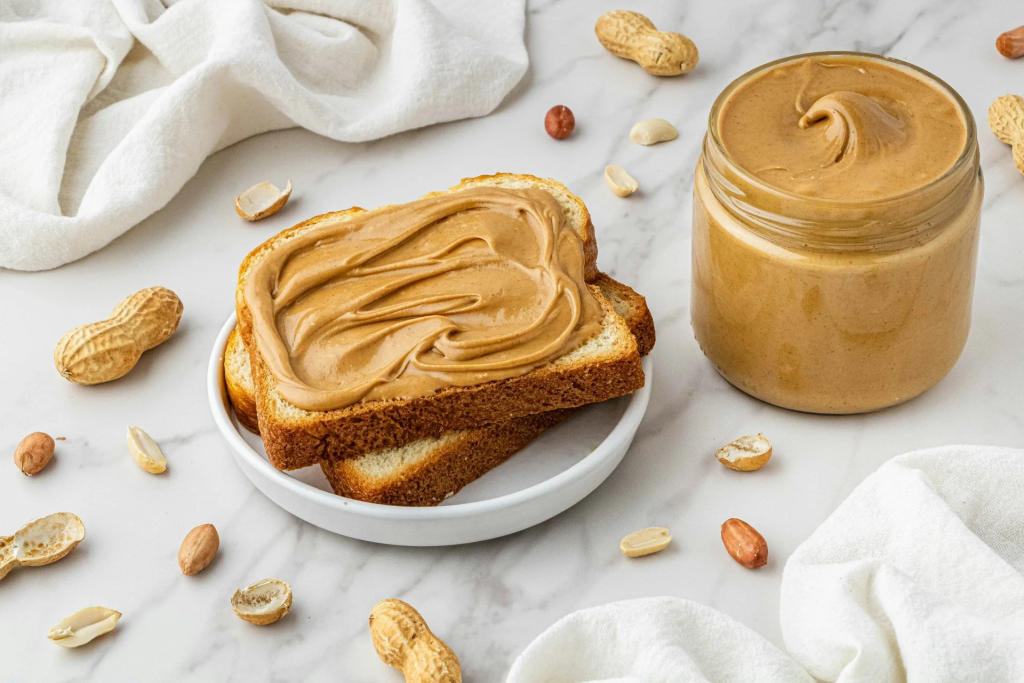Let’s be honest—we’ve all had that kitchen debate: Does peanut butter belong in the fridge or the pantry? And maybe, like me, you just assumed whatever your parents did was the rule of thumb. But as it turns out, the answer isn’t as straightforward as you’d think. If you’ve ever left a jar of peanut butter out for a month and still ate it with no regrets, you’re not alone. But is that actually safe?
Here’s the scoop on what you should know about peanut butter storage—and yeah, I was today years old when I learned this too.

Understanding What’s in Your Peanut Butter Jar
First things first, let’s break down what peanut butter actually is. No mystery here—it’s mostly just ground peanuts, oil, and depending on the brand, maybe a little salt, sugar, or stabilizers.
Thanks to its low moisture content and high fat makeup, peanut butter isn’t the kind of food that’s gonna spoil overnight. Bacteria generally need water to thrive, and peanut butter just isn’t giving them that. But there’s a catch: those natural oils we love? They can go rancid over time—especially if exposed to air, heat, or light.
So even if it’s not making you sick, it can still turn gross.
Video: You’ve Been Storing Peanut Butter Wrong Your Entire Life
Unopened vs. Opened: Shelf Life at a Glance
Let’s keep it simple.
- Unopened peanut butter? You’re golden for at least a year—maybe even longer—if it’s chilling in a cool, dry spot.
- Once you pop the lid, though? The countdown begins.
For regular, processed peanut butter (the kind that doesn’t separate), you’ve got a solid 3 to 6 months to finish it up. Natural peanut butter? That one has a shorter window—closer to 1 to 3 months—because it lacks preservatives and emulsifiers.
Moral of the story? Don’t hoard it. Eat it.
Fridge or Pantry? Why It Actually Depends

Here’s where the debate heats up—and not just metaphorically.
If you’re using processed peanut butter (think Skippy or Jif), it’s totally fine to keep it in the pantry. These jars are built to last. They’ve got stabilizers that keep the oil from separating and extend shelf life without much help.
But if you’re a fan of natural peanut butter, you might want to make room in the fridge. Natural varieties don’t have those stabilizers, so the oil floats to the top, and it can go rancid more quickly at room temp. A cooler environment slows that process down.
That said, refrigeration will make the peanut butter thicker and harder to spread. Want the best of both worlds? Try this trick: store it upside down before refrigerating to help redistribute the oils.
How to Spot Peanut Butter That’s Gone Bad

Peanut butter doesn’t spoil easily, but when it does, you’ll know. Here’s what to watch for:
- Weird smell – If it smells like paint or crayons (no joke), that’s the oil going rancid.
- Strange taste – Rancid peanut butter tastes bitter, sour, or just plain off.
- Color changes – If it looks darker or you see mold? Toss it. No debate.
- Texture problems – Super hard, dry clumps or unusual separation could mean it’s time to say goodbye.
Bottom line? Trust your senses. If it doesn’t smell, look, or taste right, it’s not worth the risk—or the ruined sandwich.
Can Peanut Butter Make You Sick If Left Out?
Here’s the good news: it’s very unlikely.
Even if your peanut butter has been sitting out for weeks, it probably won’t give you food poisoning. But it can lose its flavor, freshness, and overall appeal. Natural oils in peanuts are vulnerable to oxidation, and that’s where you’ll start seeing quality drop.
Think of it this way: the longer it sits out, the more it transforms from “yum” to “meh.”
Tips for Storing Peanut Butter the Right Way
Video: All About Peanut Butter | Storing Natural Peanut Butter Upside Down?
Let’s wrap this up with some real-world advice. If you want your peanut butter to taste good and stay safe, here’s what you should do:
- Keep it sealed tightly. Oxygen is not your friend.
- Store in a cool, dry spot. No sunny windowsills or steamy cabinets above the stove.
- Natural peanut butter? Refrigerate. It’ll last longer, and you’ll keep that nutty goodness intact.
- Stir it well before refrigerating. This keeps it from turning into a solid peanut rock at the bottom of the jar.
- Avoid cross-contamination. No double-dipping with dirty knives!
The Internet Might Have Lied to You About Peanut Butter
We’ve all read some bad advice online—people saying peanut butter lasts “forever,” or that it “never needs refrigeration.” Not quite. While it’s shelf-stable, that doesn’t mean it’s invincible.
And just because you can eat it after a month out of the fridge doesn’t mean it’s still at peak flavor.
Conclusion: Don’t Freak Out—Just Be Smart

So, is it safe to eat peanut butter left out for a month? Usually, yes. Especially if it’s been sealed and stored in a cool spot. But that doesn’t mean it hasn’t lost a little magic along the way. The oils might be breaking down. The texture might be changing. And if it smells funky? Don’t even risk it.
If you’re team pantry, no shame—but keep an eye (and nose) on it. And if you’re team fridge, enjoy that extended shelf life with a little arm workout every time you try to spread it.
Either way, peanut butter lovers everywhere can breathe easy. As long as you’re not dipping crackers into a jar that’s been sunbathing on your counter since last summer, you’re probably fine.
I don’t know about you, but I was definitely today years old when I finally figured this out.


